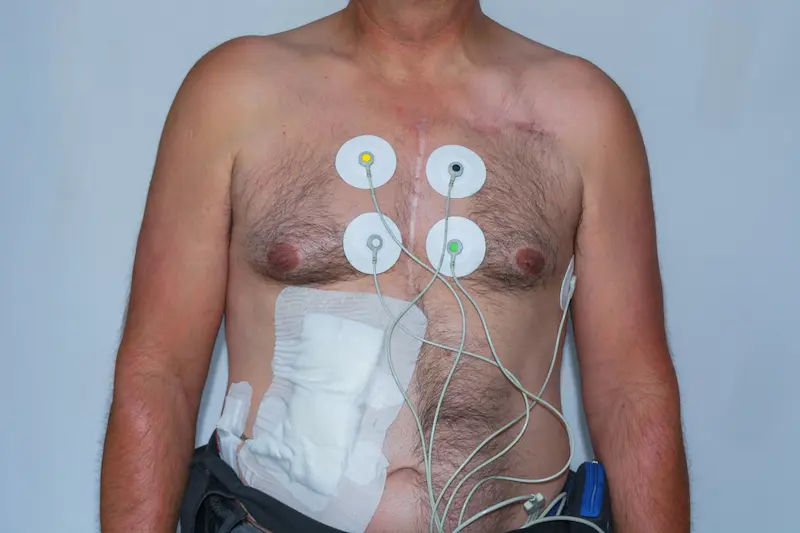Wisdom Teeth: Function and Anatomy
Learn about the function and anatomy of wisdom teeth, common problems they cause, why they may require removal in some cases, and practical tips for managing discomfort effectively.


Introduction
Wisdom teeth are the last set of molars that usually appear in your late teens or early twenties. While they were once useful for our ancestors, modern humans often face problems with them. If you’re curious about why these teeth exist, how they function, and what issues they can cause, this guide is for you!
What Are Wisdom Teeth?
Wisdom teeth, also called third molars, are the four teeth located at the very back of your mouth, two on the top and two on the bottom. They are the last teeth to emerge, usually between the ages of 17 and 25, which is why they’re called "wisdom" teeth (since you’re presumably wiser by then!).
Consult a Dentist for the best advice
Why Do We Have Wisdom Teeth?
Thousands of years ago, early humans had larger jaws and tougher diets (think raw plants and uncooked meat). Wisdom teeth helped them chew these foods effectively. However, over time, our diets have become softer, and our jaws have grown smaller. As a result, many people don’t have enough space for these extra teeth, leading to complications.
Common Problems with Wisdom Teeth
Not everyone experiences issues with their wisdom teeth, but some common problems include:
1. Impaction – When there isn’t enough space, wisdom teeth may get stuck (impacted) in the jawbone or gums, causing pain and swelling.
2. Infection & Gum Disease – Partially erupted wisdom teeth can trap food and bacteria, leading to infections or gum disease.
3. Crowding – They can push other teeth out of alignment, affecting your bite.
4. Cysts or Tumors – Rarely, impacted wisdom teeth can lead to cysts or tumors in the jawbone.
Signs You May Need Your Wisdom Teeth Checked
Here are some common signs to watch for:
- Pain or swelling at the back of your mouth
- Difficulty opening your mouth
- Bad breath or an unpleasant taste
- Jaw stiffness
- Headaches
Do Wisdom Teeth Always Need Removal?
Not necessarily! If your wisdom teeth:
- Grow in properly aligned
- Are fully erupted (visible above the gums)
- Can be cleaned easily
- ...then you may not need removal.
- However, if they cause pain, infections, or dental crowding, your dentist may recommend extraction.
Tips for Managing Wisdom Teeth Discomfort
If you’re experiencing mild discomfort, try these remedies:
- Saltwater rinses (warm water + salt) to reduce swelling
- Over-the-counter pain relievers (like ibuprofen)
- Cold compress on the cheek to numb pain
- Soft foods (avoid hard, crunchy, or sticky foods)
When to See a Dentist
If pain persists, swelling worsens, or you have difficulty swallowing, consult a dentist immediately. Early intervention can prevent serious infections.
Final Thoughts
Wisdom teeth are a natural part of our anatomy, but they don’t always fit well in modern mouths. Regular dental check-ups can help monitor their growth and prevent complications.
Consult a Dentist for the best advice
Consult a Dentist for the best advice

Dr. Ankit Khandelwal
Oral and Maxillofacial Surgeon
13 Years • BDS, MDS ( Oral & Maxillofacial Surgery) , PGDCC, Fellowship in Head & Neck Oncology
Kolkata
Gajanan Multispeciality Clinic, Kolkata
(75+ Patients)

Dr. Spandan Daschowdhury
Dentist
2 Years • BDS
Kolkata
MCR SUPER SPECIALITY POLY CLINIC & PATHOLOGY, Kolkata

Dr. Debarati Deb
Dentist
11 Years • BDS, MDS Oral Medicine and Radiology
Kolkata
Dr. Smile Multispeciality Dental Clinic, Kolkata

Dr. Ananya Mishra
Dentist
6 Years • BDS, MDS (Prosthodontics & Crown & Bridge)
Kolkata
Gajanan Multispeciality Clinic, Kolkata

Dr. Akshay Khandelwal
Dentist
6 Years • BDS, MDS (CONSERVATIVE DENTISTRY AND ENDODONTICS)
Kolkata
Gajanan Multispeciality Clinic, Kolkata




